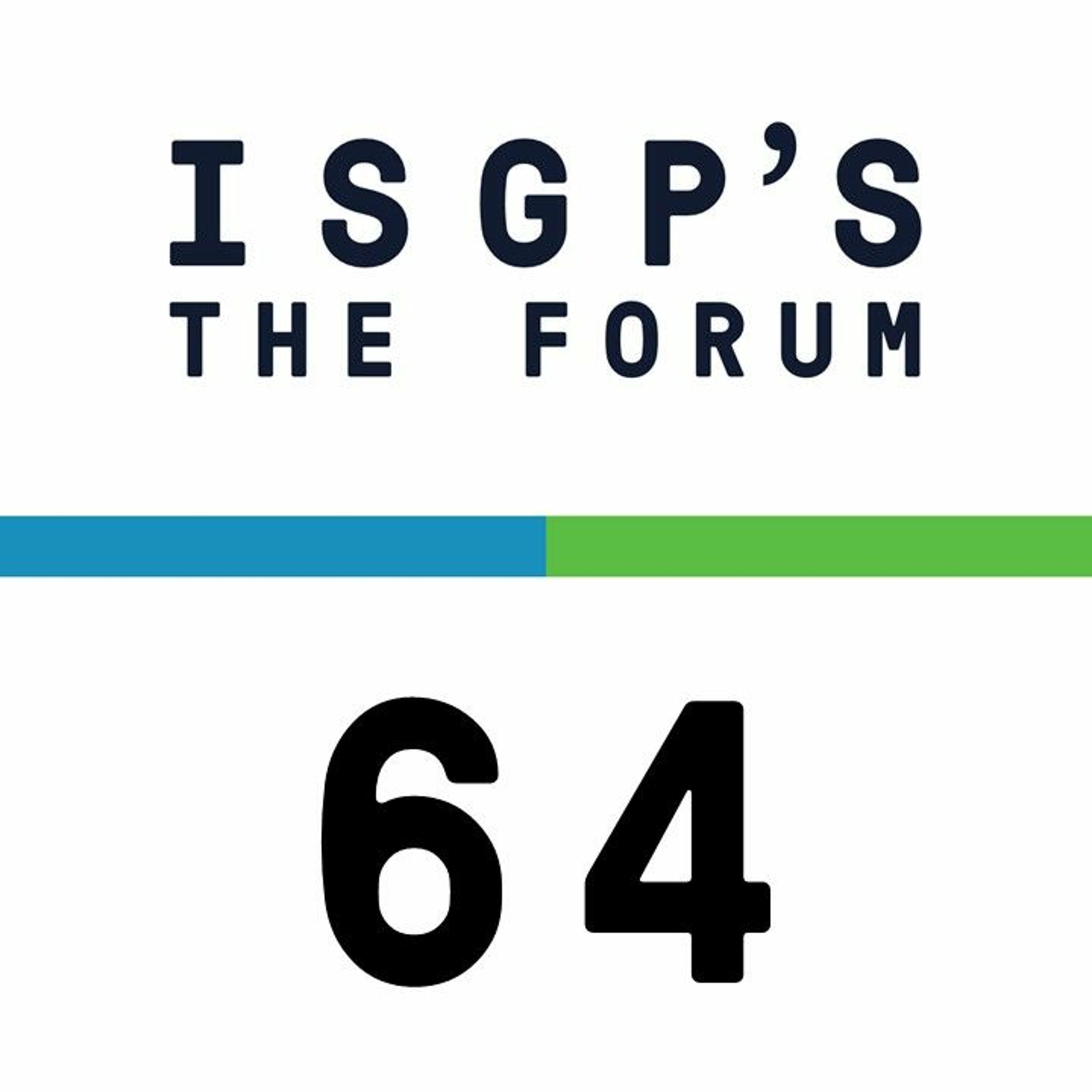Ep. 64: Hard to Resist

The comprehensive data provided by DNA sequencing could make this method optimal for identifying antibiotic resistance genes. But the opposite could also be true; namely, this comprehensive data may be the reason that researchers and clinicians are slow to embrace the technology. What does this contradiction mean for DNA sequencing and diagnostics? Antimicrobial Resistance, Palzkill (EPID), Guest Co-Host Socialize with science on Twitter using @ISGPforum with #ISGPforum, and read the policy position paper and debate summary associated with this episode at the Institute on Science for Global Policy's website: www.scienceforglobalpolicy.org. Disclaimer: The ISGP is a nonprofit organization that does not lobby for any position except rational thinking. Podcasts reflect the views expressed by conference participants. ISGP conferences follow an unique debate-and-caucus format. Distinguished scientists write 3-page policy position papers, then engage in 90 minutes of intensive debate with invited subject matter experts, policy makers, and other stakeholders collectively known as “the debaters.” Following the debates, participants engage in small, moderated caucus sessions to identify areas of consensus and actionable next steps. All conference participants then reconvene for a plenary session to compare the outcomes from each caucus group. For more information, please visit www.scienceforglobalpolicy.org.